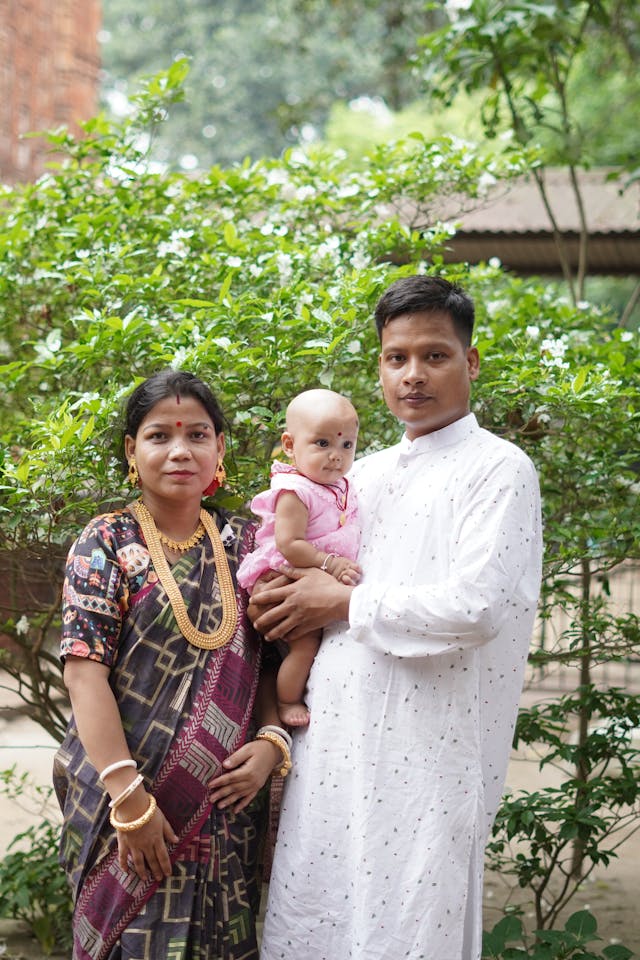The Definitive Guide to Modern Arabic Baby Names with Beautiful Meanings
Your guide for Modern Arabic Baby Names with Beautiful Meanings.

Did you know that over 30% of parents worldwide report regretting their child's name choice, often due to a lack of deep understanding of its meaning or cultural context? Choosing a name for your baby is one of the most profound decisions you'll make, a gift that shapes identity, carries heritage, and echoes through a lifetime. For those drawn to the richness and timeless elegance of Arabic culture, selecting a modern Arabic baby name with a beautiful meaning offers a unique opportunity to bestow a profound legacy.
This comprehensive guide is meticulously crafted for parents seeking to navigate the diverse landscape of modern Muslim names and Arabic baby names. We'll delve into the psychology behind successful naming, explore proven strategies, highlight common pitfalls to avoid, and provide a robust framework for validating your choices. By the end, you'll be equipped with the knowledge and inspiration to select a truly exceptional name that resonates with beauty, meaning, and cultural sensitivity. Curious to explore possibilities? Create your own breakthrough name.
The Psychology Behind Successful Arabic Baby Names
The impact of a name extends far beyond mere identification. Research in cognitive psychology and sociolinguistics reveals that names influence perception, memory, and even personality development. For Arabic baby names, this is amplified by the deep cultural and spiritual significance often embedded within each word.
Cognitive Load and Phonetic Appeal
When we hear a name, our brains process its sound and structure. Names that are easy to pronounce, spell, and recall – having low cognitive load – tend to be favored. For Arabic names, this often means names with clear, flowing sounds and familiar phonetic patterns within the language. Names that roll off the tongue effortlessly are more likely to create a positive initial impression and be remembered.
Example: Aisha (eye-shah) is phonetically appealing and widely recognized, reducing cognitive friction.
Semantic Depth and Positive Associations
Many Arabic names carry profound meanings, often linked to virtues, natural beauty, historical figures, or religious significance. This semantic depth adds layers of positive association, shaping how the name is perceived by others and potentially influencing the child's self-perception. A name like Layla (night beauty) evokes imagery, while Kareem (generous) suggests a character trait.
Uniqueness vs. Familiarity
The balance between uniqueness and familiarity is crucial. A name that is too common might blend into the background, while one that is too obscure could lead to constant mispronunciations or explanations. The ideal modern Arabic name strikes a balance, offering distinctiveness without being alienating.
Key Characteristics of a Resonant Arabic Baby Name
| Characteristic | Description | Impact |
|---|---|---|
| Phonetic Clarity | Easy to pronounce and flows well, both in Arabic and potentially other languages. | Enhances memorability and reduces communication barriers. |
| Meaningful Core | Possesses a beautiful, positive, or inspiring meaning. | Fosters a sense of purpose and instills positive self-perception. |
| Cultural Resonance | Aligns with Arabic traditions, values, or historical significance. | Connects the child to their heritage and community. |
| Timeless Appeal | Avoids fleeting trends, ensuring the name remains elegant and appropriate throughout life. | Prevents the name from feeling dated in later years. |
| Adaptability | Can be easily adopted or pronounced by people from diverse backgrounds, if desired. | Promotes global understanding and social integration. |
Proven Naming Strategies for Modern Arabic Baby Names
Selecting a name is an art, but it also benefits from strategic thinking. Here are several effective strategies for finding modern Arabic baby names that are both beautiful and meaningful, with examples to illustrate their power.
1. Virtue and Character-Based Names
This strategy focuses on names derived from positive human qualities, such as kindness, wisdom, light, or truth. These names bestow a sense of aspiration and character upon the child.
- Examples:
- Nour (نور): Meaning
مشاركات ذات صلة



